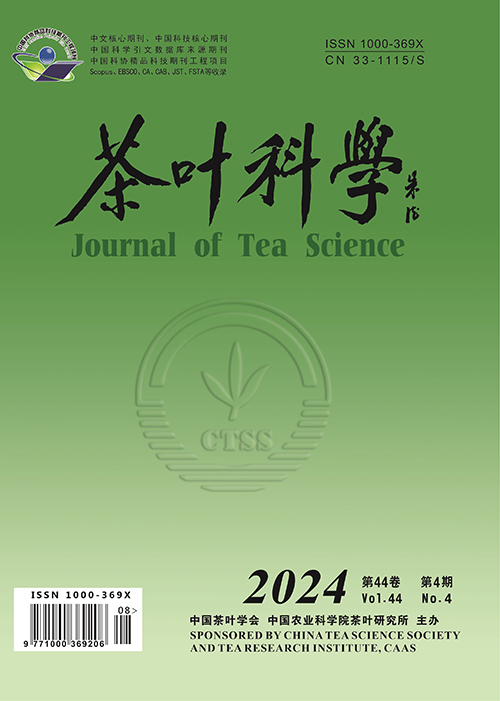Antimicrobial and Antihaemolytic Activities of Crude Extracts of Some Commonly Used Tea and Coffee in Nigeria
引用次数: 2
Abstract
Current indiscriminate abuse of existing antibiotics in clinical and veterinary treatments lead to an upsurge in antimicrobial resistant strains of microorganisms and aggressive search for alternatives which are readily available, less expensive with little or no side effect. Tea and Coffee are beverages consumed daily in every household in Nigeria. This study examines the antimicrobial and anti-haemolytic properties of commonly available Tea and Coffee in Nigerian market. The antimicrobial potencies of the extracts were assessed through disc diffusion method on pathogens of both man and animal origin while the anti-haemolytic assay was carried out through colorimetric method. The extracts were slightly acidic at full strength and no antifungal property was observed. Broad spectrum and bactericidal effects were observed against Staphylococcus aureus, Salmonella pullorum, Shigella dysenteriae and Streptococcus pneumonia. These activities were concentration dependent. Very poor activity was observed against Escherichia coli . Bactericidal rate of coffee was at 6hrs but ranged between 18 and 24 hrs for tea extracts. Tea extracts greatly inhibited the haemolytic potential of alpha toxins while coffee performed poorly. Tea and Coffee could thus serve as supportive treatment for some bacterial infections without fear of side effects, since they are naturally taken as daily beverages.尼日利亚一些常用茶和咖啡粗提取物的抗菌和抗溶血活性
目前在临床和兽医治疗中滥用现有抗生素,导致耐抗生素微生物菌株激增,并积极寻找容易获得、价格较低、副作用很少或没有副作用的替代品。茶和咖啡是尼日利亚每个家庭每天消费的饮料。本研究考察了尼日利亚市场上常见的茶和咖啡的抗菌和抗溶血特性。采用圆盘扩散法测定提取物对人源和动物源病原菌的抑菌作用,采用比色法测定提取物的抗溶血作用。提取物在充分强度下呈微酸性,无抗真菌作用。对金黄色葡萄球菌、白痢沙门氏菌、痢疾志贺氏菌和肺炎链球菌均有广谱杀菌作用。这些活性与浓度有关。对大肠杆菌的活性很差。咖啡的杀菌率为6小时,而茶提取物的杀菌率为18至24小时。茶提取物极大地抑制了α毒素的溶血潜能,而咖啡则表现不佳。因此,茶和咖啡可以作为一些细菌感染的支持性治疗,而不必担心副作用,因为它们是日常饮料。
本文章由计算机程序翻译,如有差异,请以英文原文为准。
求助全文
约1分钟内获得全文
求助全文
来源期刊
CiteScore
1.50
自引率
0.00%
发文量
2558
期刊介绍:
The Journal of Tea Science was established in August 1964, approved by the Publicity Department, CCCPC. Its title was inscribed by Zhu De, the chairman of CCCPC. It was discontinued during the Cultural Revolution in 1966, and it was reissued in August 1984, approved by the State Scientific and Technological Commission.Academicians Chen Zongmao and Liu Zhonghuaof the Chinese Academy of Engineering served as the directors of the editorial board. The Journal of Tea Science is managed by the China Association for Science and Technology,sponsored by the China Tea Science Society and the Tea Research Institute of the Chinese Academy of Agricultural Sciences, and edited and published by the editorial office of the Journal of Tea Science. It is the only one of Chinese core journals in the field of tea science that is included in the core library of the Chinese Science Citation Database.Its Domestic Unified Serial Number is CN 33-1115/S, its International Standard Serial Number is ISSN 1000-369X and its International publication name code is CODEN-CHKEF4. At present, the Journal of Tea Science is a bimonthly publication, published in the middle of the month, with a book size of 16.

 求助内容:
求助内容: 应助结果提醒方式:
应助结果提醒方式:


